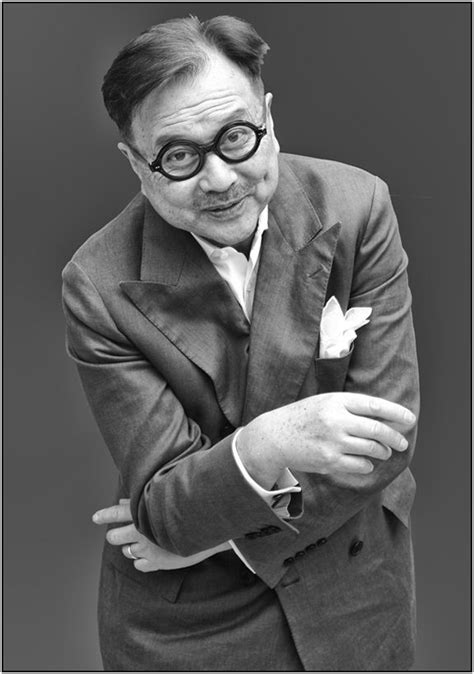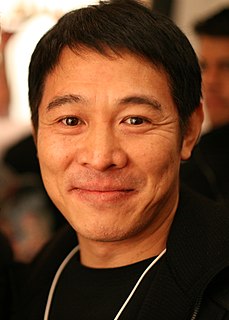A Quote by Ma Yansong
I think where traditional values are concerned, Chinese people see nature as very symbolic. It's a form of culture.
Related Quotes
The true essence of Chinese culture is sophistication, refinement, the spirit of poetry. The spirit of ink painting and calligraphy lives on forever. Calligraphy is more important than painting. Chinese always consider nature. Man is a very small part of nature. That's why in Chinese painting you see huge mountains and man very small, very humble before nature. You must be harmonious and one with nature. You don't fight it. And then there's a bit of a poetry. Of course, it's very complicated, but also very simple.
Most people just aren't clear-eyed about the rural South. We think that the urban centers are the problem, and the rural areas across the country are idyllic, suffused with good old American values, social values, religious values, moral values. It's what we tell ourselves to keep this political power structure in place, and it's what we see in pop culture, too.
If we all say the same thing, then I think the government has to listen. But because no one is saying it, I become singled out, even though what I'm saying is common sense. It's very essential values that we all have to protect. But in Chinese society, people are giving up on protecting these values.
I think America's food culture is embedded in fast-food culture. And the real question that we have is: How are we going to teach slow-food values in a fast-food world? Of course, it's very, very difficult to do, especially when children have grown up eating fast food and the values that go with that.
I think Americas food culture is embedded in fast-food culture. And the real question that we have is: How are we going to teach slow-food values in a fast-food world? Of course, its very, very difficult to do, especially when children have grown up eating fast food and the values that go with that.



































